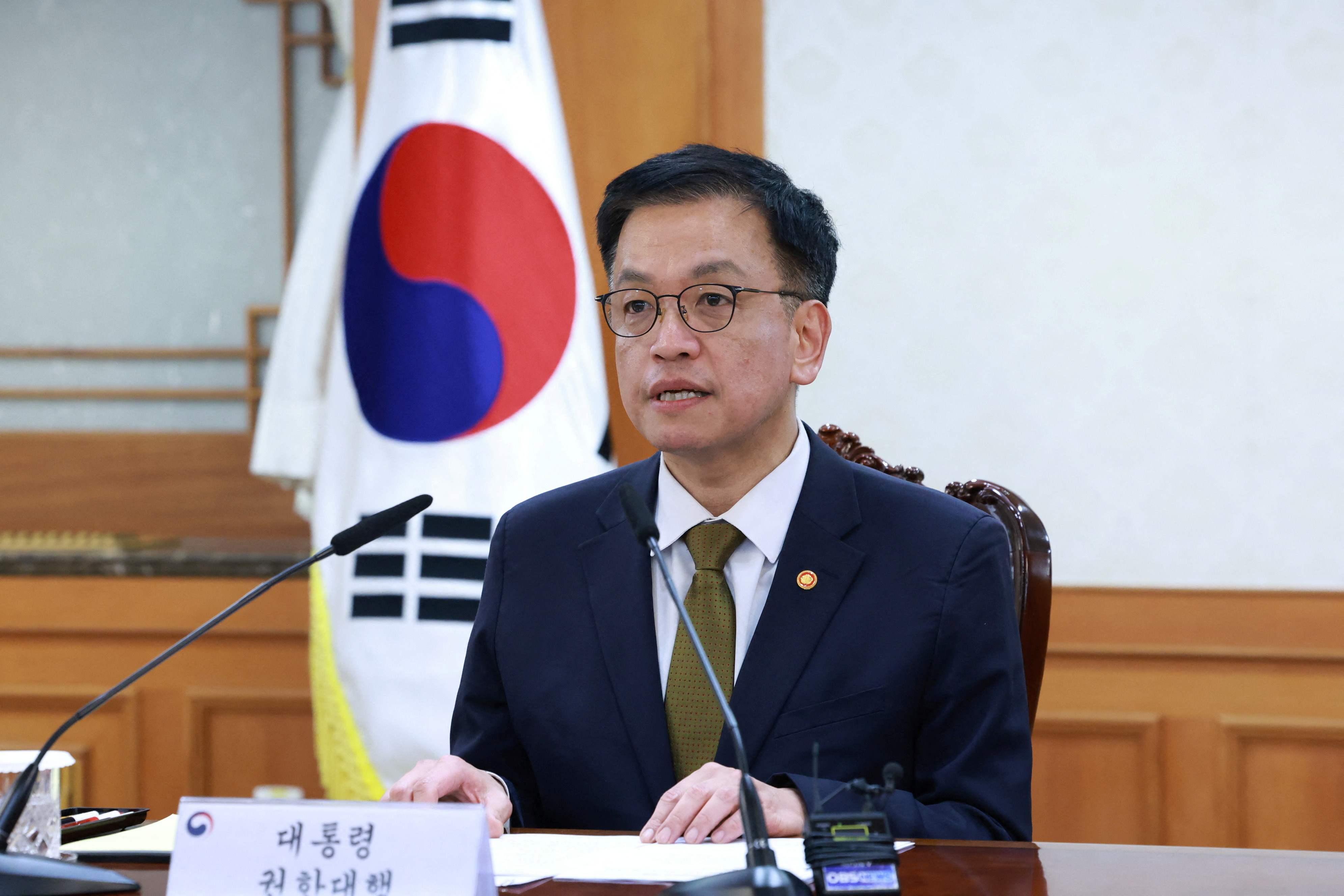Tanzania Attorney General warns oil and gas firms

The Attorney General, Dr Adelardus Kilangi
What you need to know:
Dr Kilangi warned Saturday that companies that did not comply would have their licences withdrawn forthwith.
Dar es Salaam. The Attorney General, Dr Adelardus Kilangi, has told oil and gas exploration companies to immediately comply with the requirements of the Petroleum Local Content Regulations.
Dr Kilangi warned Saturday that companies that did not comply would have their licences withdrawn forthwith.
“We have the law and the regulations in place; now it is upon the companies drilling for gas, and exploring oil to ensure they do not break them. The government will take stern measures against anyone breaking the law,” said the AG. He advised that oil and gas firms should familiarise with the new laws and act accordingly.
He was speaking to reporters shortly after touring the Tanzania Petroleum Development Corporation (TPDC) pavilion at the on-going 42nd Dar es Salaam International Trade Fair (DITF).
Tanzania has passed a raft of new natural resources exploitation laws with sweeping changes to enhance public participation in mining, oil and gas exploration activities as a means of boosting revenues and creating jobs.
The new laws include the amended Petroleum Act 2015, Oil and Gas Revenue Management Act 2015, Tanzania Mining Act 2017 and the more recent ones namely: ‘the Natural Wealth and Resources (Permanent Sovereignty) Act 2017’ and ‘the Natural Wealth and Resources (Revenue and Re-Negotiation of Unconscionable Terms) Act 2017.’
Private companies in the targeted sectors, especially multinational ones, are currently reviewing their operations to fit into the new legal environment that will see drastic changes in the manner in which operate. The Petroleum (Local Content) Regulations, 2017 requires non-local businesses to incorporate and prioritise Tanzanians’ participation through employment, joint ventures of at least 15 up to 100 per cent for works and goods supply, and also the exclusive use of local services, such as banking, insurance and legal.
Unlike in the mining sector where there seems to be some movement, the oil and gas sector is slightly lagging behind due to delays in agreeing on a frame work for review of their current contracts with the government.
President Magufuli’s administration has signalled the intent to renegotiate past agreements with the companies that have struck gas or are already exploiting the resource for a win-win situation.
The new laws have thrown a blanket of uncertainty around the sector, with the parliamentary Budget Committee warning two weeks ago that investments in the exploration of more gas and oil were drying up.
The committee warned that existing firms were also looking to sell off their businesses and invest elsewhere, citing the case of Exxon Mobil (XOM.N), which has confirmed it was seeking buyers for its stake in a largely undeveloped gas field in Tanzania and move to Mozambique.
Dr Kilangi was Saturday referring to the Petroleum Act and its attendant regulations approved this year. The AG did not speak about the impending talks between the investors in the sector with the government but emphasised that ongoing operations must abide by the laws as approved by Parliament.
The AG is the board chairman for Petroleum Upstream Regulatory Authority (PURA), a new agency established to be the government’s eye in upstream activities as Tanzania struck billions of cubic metres of gas reserves said to last the next 50 or so years. He said there will be no turning back on the resolve to have local participation in the sector upped. The AG also challenged Tanzanians to seek to learn how the sectors works so that they may seize the trade opportunities. “Let us not wait until the last minute to start complaining.”
In 2016, the Vocational Education and Training Authority (Veta) introduced a course on oil and gas that intend to prepare Tanzanians to fully participate in the sub sector.
Dr Kilangi said more than 50 students have graduated already and are employed in oil and gas companies based in Mtwara and Lindi.
Additional reporting by Gadiosa Lamptey



